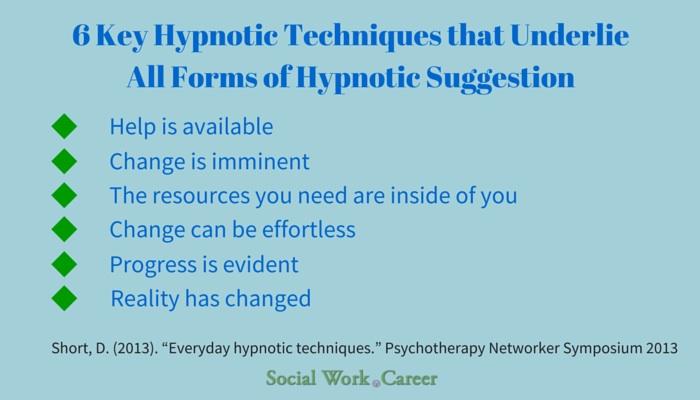In our fast-paced world, quality sleep has become a precious commodity. The relentless demands of modern life leave many struggling to achieve the restorative slumber necessary for optimal health and well-being. Enter deep sleep hypnosis, a practice gaining popularity for its potential to enhance sleep quality and overall health. In this blog, we’ll explore what deep sleep hypnosis is, how it works, and its benefits.
What is Deep Sleep Hypnosis?
Deep sleep hypnosis is a technique that uses guided hypnosis to help individuals enter a state of deep, restorative sleep. Hypnosis is a trance-like state of focused attention and increased suggestibility, often used for therapeutic purposes. During deep sleep hypnosis, a practitioner or a recorded session guides the individual through relaxation techniques and positive suggestions aimed at easing the transition into sleep and maintaining a state of deep sleep.
How Does Deep Sleep Hypnosis Work?
The process typically involves several steps:
- Preparation: The environment is made conducive to relaxation—dimming lights, reducing noise, and ensuring comfort.
- Induction: The practitioner or recording begins with calming instructions, often involving deep breathing exercises and progressive muscle relaxation to help the individual enter a hypnotic state.
- Deepening: This phase involves deepening the hypnotic state through techniques such as visualizations or countdowns.
- Suggestion: Positive sleep-related suggestions are introduced, aiming to reinforce the body’s natural ability to fall and stay asleep.
- Reintegration: Finally, if the session is meant to be listened to before waking, there will be instructions to gradually return to normal awareness. However, for sleep-focused sessions, this phase might be omitted to allow the individual to remain in a deep sleep state.
Benefits of Deep Sleep Hypnosis
- Improved Sleep Quality: By addressing underlying anxiety and stress, deep sleep hypnosis can help enhance the quality of sleep, allowing for deeper and more restful slumber.
- Reduced Insomnia: Hypnosis can help reframe negative thought patterns and behaviors that contribute to insomnia, promoting healthier sleep habits.
- Stress and Anxiety Reduction: The relaxation techniques used in hypnosis can significantly reduce stress and anxiety levels, which are common culprits of sleep disturbances.
- Enhanced Mental Clarity and Focus: Quality sleep is crucial for cognitive functions. By improving sleep, hypnosis can lead to better mental clarity and focus during waking hours.
- Holistic Health Benefits: Better sleep supports overall health, including improved immune function, better mood regulation, and reduced risk of chronic conditions like heart disease and diabetes.
How to Get Started with Deep Sleep Hypnosis
- Find a Reputable Practitioner: Look for certified hypnotherapists who specialize in sleep issues. Personal recommendations, online reviews, and professional directories can be helpful.
- Use Recorded Sessions: There are numerous high-quality deep sleep hypnosis recordings available online. These can be a convenient and cost-effective way to experience the benefits.
- Create a Relaxing Environment: Ensure your sleep environment is conducive to relaxation. This means comfortable bedding, a cool room temperature, and minimal noise and light.
- Consistency is Key: Like any therapeutic practice, consistency is important. Regular use of hypnosis techniques can lead to more sustainable improvements in sleep quality.
Conclusion
Deep sleep hypnosis offers a promising solution for those struggling with sleep issues. By leveraging the power of guided hypnosis, individuals can tap into their body’s natural ability to relax and rejuvenate. Whether through a skilled practitioner or high-quality recordings, deep sleep hypnosis can be a valuable tool in the quest for better sleep and overall well-being.
If you’re struggling with sleep, consider giving deep sleep hypnosis a try. With a commitment to regular practice and a bit of patience, you might just find yourself waking up more refreshed and ready to take on the day.
Dr. John Renoldson is a distinguished professor of Clinical Research Hypnotherapy He holds a PhD in Clinical Psychology and specializes in hypnotherapy and scientific research to enhance therapeutic outcomes. Dr. Renoldson has authored numerous peer-reviewed articles on the efficacy of hypnosis in treating conditions.

